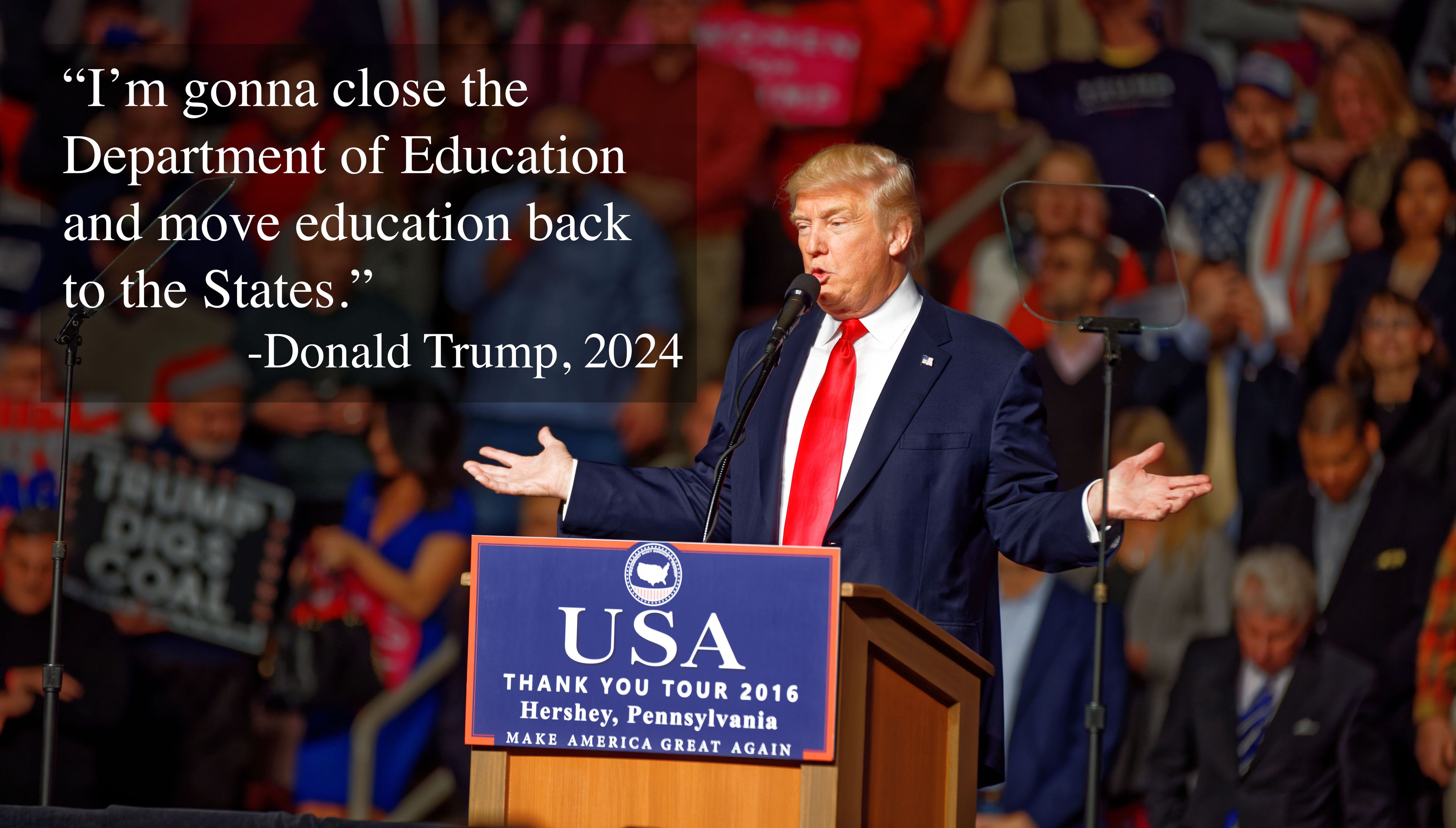Dobbins addresses campus safety, will meet with international students
"The FBI has indicated that Southeast was never a target of terrorism and the campus community can rest assured that all possible safety and security procedures have been and are continuing to be followed," Southeast President Kenneth W. Dobbins said.
Southeast Missouri State University President Kenneth W. Dobbins released information about campus safety after a former Southeast student was arrested for his plot to bomb the Federal Reserve Bank in New York City.
"I have met with the Federal Bureau of Investigation and have been assured that there is no reason to be concerned about safety issues on the Southeast campus," Dobbins said in a letter to Southeast students, faculty and staff. "The FBI has indicated that Southeast was never a target of terrorism and the campus community can rest assured that all possible safety and security procedures have been and are continuing to be followed."
Dobbins said that the FBI has been on campus and that the Department of Public Safety has been working with them.
Quazi Mohammad Rezwanul Ahsan Nafis was a student at Southeast during the spring 2012 semester. He was pursuing a major in cybersecurity, but he was not enrolled in an cybersecurity courses, according to Dobbins.
Nafis, 21, asked the university to transfer his records to an institution in Brooklyn, N.Y., last summer.
Dobbins said that university employees followed the procedures of the Student and Exchange Visitor Information System, which means they sent his records and notified homeland security that he had left Southeast.
"I just hope by reading your article ... that people understand that there are bad people," Dobbins said in an interview with the Arrow. "And sometimes you don't know who they are, but thank heavens we have this network of security that ferrets those folks out and that's what happened -- it worked."
Nafis was an international student from Bangladesh and served as the vice president of the Muslim Students Association while at Southeast.
"I hope that people realize that there are individuals that aren't international students that would like to do terrorist activities or what we classify as terrorist activities," Dobbins said. "We shouldn't stereotype every one of our international students. That's not right. It's a wrong assumption."
Dobbins said there are more than 700,000 international students in the United States and he is unsure of the specific requirements for a student to come into the country.
"I don't know exactly all of it, but basically it is that they have to come through and they have to get an I-20 and the I-20 says that they have enough financial wherewithal and that their country and our country says, 'Yes, you can come in'," Dobbins said.
An I-20 form must be verified by a consular officer before a student visa application can be processed, according to the U.S. Department of State website.
"There are some that don't come through," Dobbins. "That's not a responsibility of the institution. That's a governmental responsibility."
According to an Associated Press report, Nasif attended North South university in Dhaka, Bangladesh before coming to Southeast. Belal Ahmed, a North South university spokesman, said that Nafis was "a terrible student who was put on probation and threatened with expulsion if he didn't bring his grades up and that he eventually stopped coming to school."
"I have no knowledge of that and even if I did, which I don't, under the Family Educational Rights of Privacy Act, I can't talk about that," Dobbins said. "That university actually can't do it either, and that's a federal law."
Dobbins will meet with international students at 5:30 p.m. Thursday in the University Center. Members of the counseling center, international program staff and some university faculty and staff will also be in attendance.
"We want to make sure they know that if there's some issues, we want to know about them. We want to let them know that we appreciate what they do at our institution and that we feel that this is just a one-person incident. It could've happened in any of the universities that have those 700,000 students."



